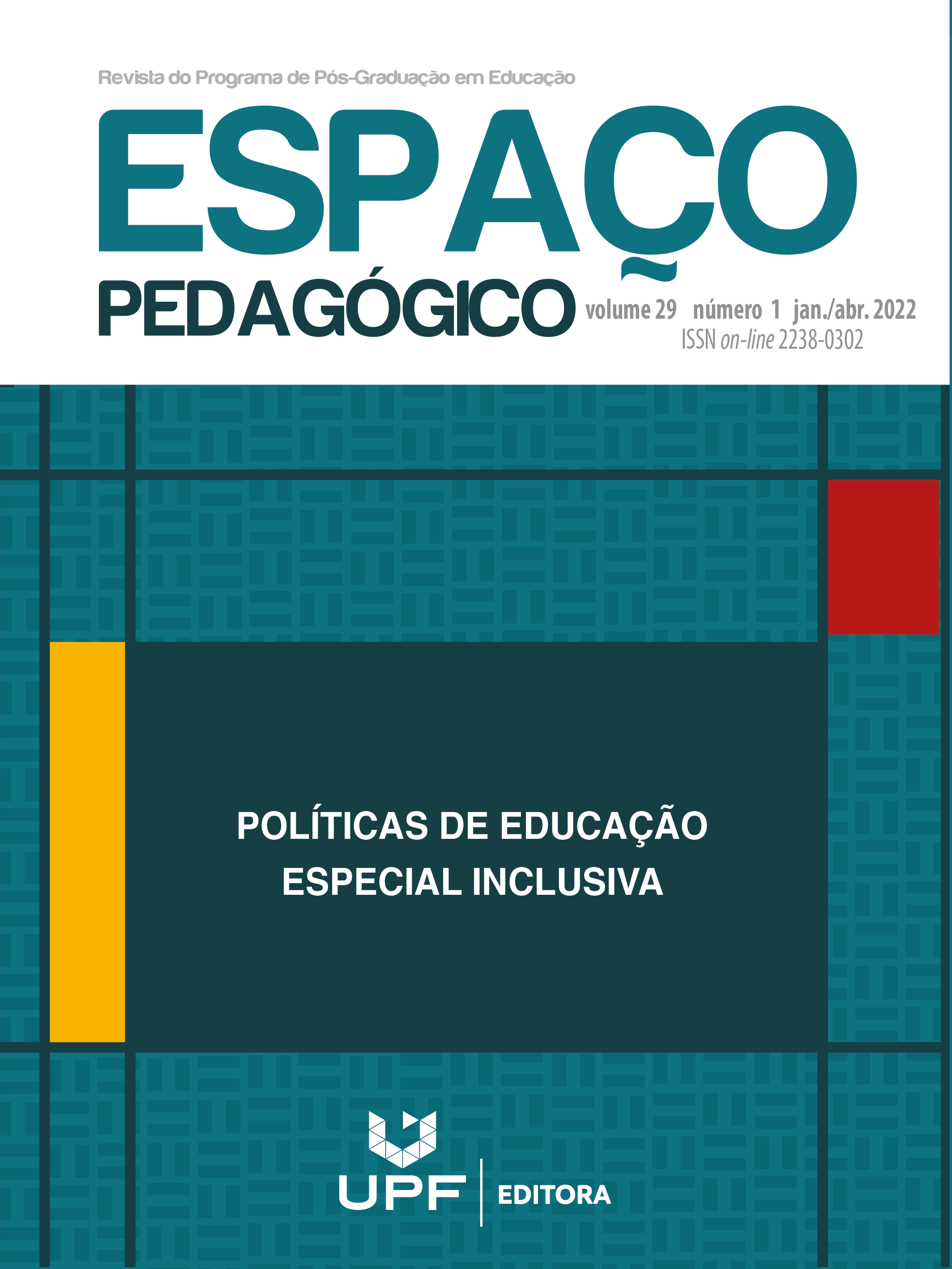Children and school: from invisibility to protagonism
DOI:
https://doi.org/10.5335/rep.v29i1.11119Keywords:
Autonomy. Childhood. Invisibility. Protagonism.Abstract
The present study is a reflection on children-students of a group of the Early Years of Elementary Education of a public full-time school in the municipal education network of the municipality of Santa Rosa / RS, and analyzes the practices that measure invisibility and / or the protagonism. The main objective is to understand which situations in the school space favor the construction of the child's autonomy. The data were prepared based on qualitative research, of an ethnographic nature, through participant observation, recorded in a field diary that later converges to reports of notes and moments lived with the group of five research subjects, who were also interviewed through semi-directed questions. The research is part of the concepts of critical pedagogy with reference to: Freire (1996), Sirota (1994), Sarmento (2002, 2005, 2015), among others. It was concluded, therefore, that although the school has the function of being a space to promote the development of protagonism, the offer of a quality education, centered on the subject, demands the commitment and participation of all to fulfill its role.



